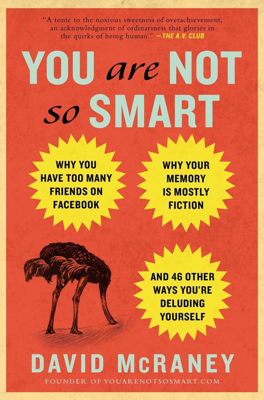The Spotlight Effect
Misconception vs. Truth
Misconception:
When you are around others, you feel as if everyone is noticing every aspect of your appearance and behavior.
Truth:
People devote little attention to you unless prompted to.
Overview of the Spotlight Effect
- Self-Scrutiny: You often believe that minor personal imperfections and actions—like spilling a drink or getting a stain—are being noticed and judged by everyone around you. In reality, most people do not pay attention to these minor details.
- Positive Self-Imagery: Similarly, if you lose weight, buy new clothes, or get a new haircut, you might expect people to notice and comment, but they usually do not.
Psychological Research and Findings
- Thomas Gilovich's 1996 Study:
- Experiment Setup: College students wore T-shirts with embarrassing or cool images and entered a classroom.
- Results: Students overestimated how many people noticed their T-shirts. They thought about 50% of people noticed, but only 25% noticed the embarrassing shirt, and less than 10% noticed the "cool" shirts.
- Conclusion: The spotlight effect is strong for both positive and negative self-images, but it's largely an illusion.
Real-World Implications
- Attention in Public Spaces: Studies show that even in crowded areas like New York streets, people believe they are being closely observed, but in reality, they are not.
- Impact on Self-Perception: Whether driving a new car or playing a competitive game, individuals feel their actions are under constant scrutiny. However, most people are too focused on themselves to notice others.
Social Interactions and Conversations
- Misjudged Impact: People overestimate the memorability of their contributions to conversations and performances. They believe others notice every mistake, while in fact, most minor slip-ups go unobserved unless explicitly highlighted.
Practical Insights
- Self-Consciousness: Over-apologizing for minor mistakes or drawing attention to them often makes them more noticeable than they would have been otherwise.
- Realistic Expectations: Recognize that most people are preoccupied with their own concerns and pay minimal attention to the finer details of others' appearances and actions.
By understanding the spotlight effect, you can reduce unnecessary self-consciousness and realize that others are far less focused on you than you might believe.
